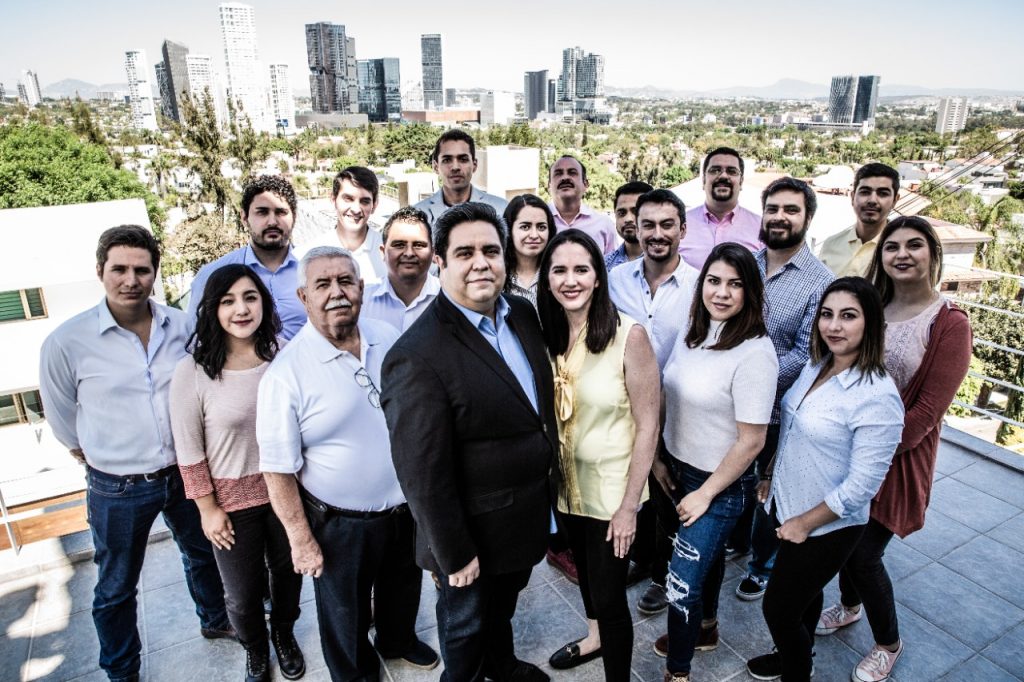Laura Mendoza (Unima) : “a rapid test of this kind would represent an acceleration of the diagnosis of the disease at the population level”.
By Jonathan Baudoin
Perform a test and deliver a diagnosis in 15 minutes at a lower cost? This is the challenge that the Mexican company Unima is launching, in order to democratize access to healthcare in the world, as stated by the co-founder Laura Mendoza. She also tells Feat-Y that her company is mobilized to provide Coronavirus tests, which should be submitted to clinical validations in April. Interview.
Feat-Y : What convinced you to co-found Unima?
Laura Mendoza : We founded Unima because there is a very important need in our country, as in all emerging and developing countries, to have technologies that democratize access to care for the entire population, not just for a few who can afford the high cost of current health services. In particular, we focus on the problem of access to timely diagnosis, as this is the first link in the health system for patients to receive appropriate care. Because diagnostic technologies in general require specialized laboratories and technical staff, they may not be easily used outside of large hospitals or specialized clinics, making it impossible to achieve universal access to diagnosis for the entire population.
Feat-Y : Could you tell us what Unima is and how long it has existed?
L.M : Unima is a biotechnology company that has developed Find, a fast and very low cost technology for disease diagnosis and epidemiological surveillance. This technology allows anyone to be able to perform a diagnosis directly where the patient is, without the use of lab equipment, with results in 15 minutes and a price tag of up to one dollar per test. Unima was born in December 2015. Our goal is to bring diagnosis out of the lab and into the most remote places in the world.
Feat-Y : What does your company offer ?
L.M : Access for all to a rapid diagnosis, regardless of where you come from and your ability to pay.
Feat-Y : How quickly and at what cost do the tests give results?
L.M : Our goal is to provide the diagnosis in the same visit that is made to a health care professional, to get an immediately actionable diagnosis and have a real impact on the lives of patients. In the case of our TB test, the test provides results in 15 minutes, at a price that remains affordable, up to one dollar per test.
Feat-Y : How many people work for Unima ?
L.M : Currently, Unima has 20 people.
Feat-Y : What is Unima’s turnover in Mexico and what does this country represent, as a percentage of the company’s global activity ? And elsewhere in the world ?
L.M : The first test we are developing on the market is a screening test for tuberculosis. This test was developed for use in countries with high incidence of the disease, including Mexico. Since the beginning of the development, this test has been designed to be used internationally, mainly in Latin America, Africa and South East Asia. Currently, the test is being piloted in seven countries in these regions and will be officially launched in the third quarter of 2020. Currently, we have offices in Mexico, Chile and Spain. For us, Mexico represents a strategic location in the development of our business for economic stability and access to health resources to drive our projects. In Mexico, Chile and Spain, we have access to many highly qualified people (doctors and scientists) and collaborations with organizations that support our test developments.
Feat-Y : With the current health crisis related to the Coronavirus, are you solicited by Mexican or international institutions?
L.M : Yes, Mexican institutions have turned to us, especially for the COVID-19 Coronavirus. We are in the process of completing the development of a rapid and inexpensive test that we plan to bring to its first clinical validations by early April.
Feat-Y : With the evolution of the pandemic, how has the perception of a value proposition like yours changed?
L.M : Our technology provides an additional approach to pandemic control as a rapid test such as ours would accelerate the diagnosis of the disease at the population level, improve the awareness and specificity of the current diagnostic algorithm. Our test can expand the diagnostic possibilities currently not achieved with laboratory tests. For example, the rapid detection of infected patients decreases the burden on the laboratories of national health systems, the search for possible contagions in close contact with current patients, the search for asymptomatic carriers of the virus, the detection of cases coming from travels to countries or regions with a high incidence of COVID-19 or participants in massive events, etc.
Feat-Y : What goals have you set for the year 2020, or even the entire decade?
L.M : In 2020, we will launch our TB and Coronavirus test internationally and we have a goal that by 2026, we will provide 50 million diagnostic tests for various diseases that affect global health. We are currently growing rapidly internationally to be able to impact the lives of hundreds of millions of people and we are raising our investment program to achieve this goal. We are also working to strengthen our collaborations with strategic partners to develop our diagnostic tools for diseases that affect the majority of the world’s population.
Feat-Y : If you were a song, which one would you be?
L.M : Eye of the Tiger
Feat-Y : If you were a sport, what would it be?
L.M : marathon.
Feat-Y : If you were a historical figure, who would it be? Why or why not?
L.M :Simón Bolívar because he united millions of people in his vision of the struggle for freedom.
Feat-Y : If you were a country, what would it be?
L.M : Israel, for its level of innovation, its creativity and its desire to survive.
Feat-Y : If you were an animal, what would you be?
L.M : A wolf, with one blue eye and one coffee eye.
Informations:




